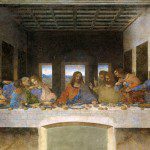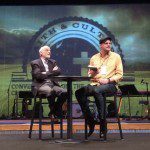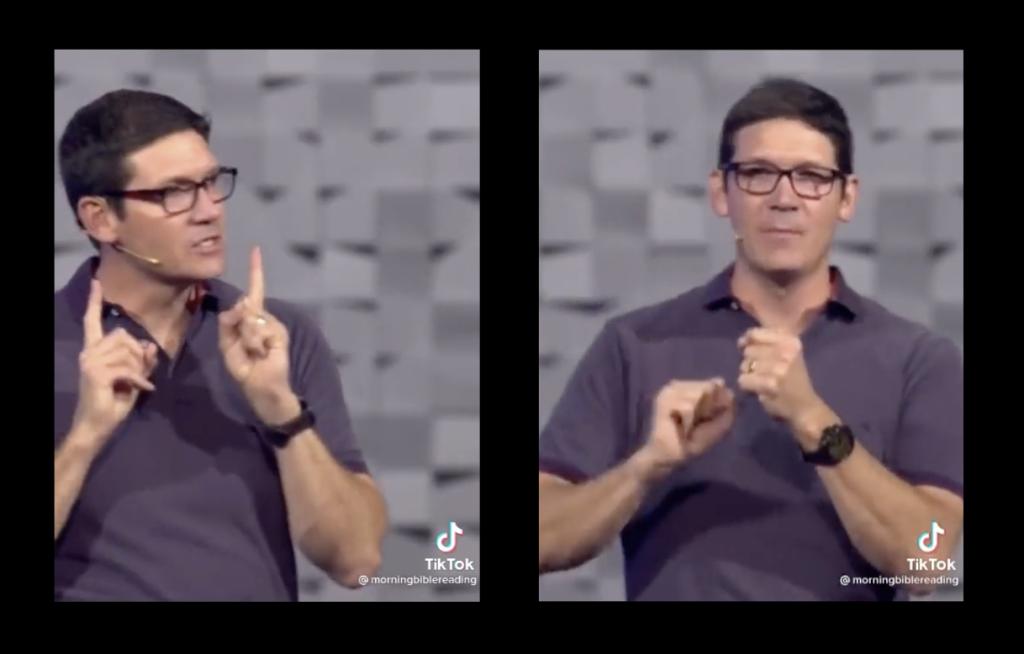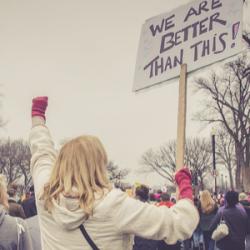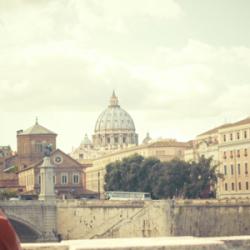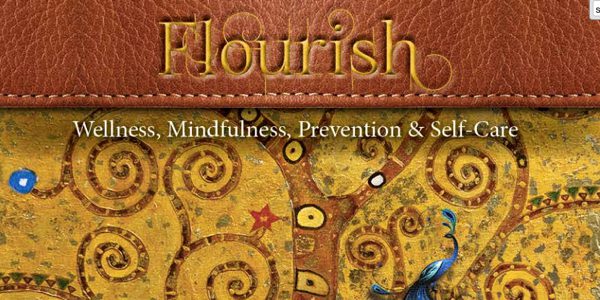 I confess that I went to a gathering of the Christian Association for Psychological Studies last week (CAPS) in Denver. My wife is working toward a master’s in Marriage & Family Therapy. Over the years she’s had to endure many a boring theological lecture with me, so attending this conference was a little payback (although, full confession, I skipped out one day to ski at Eldora). I thoroughly enjoyed the conference, and heard some fascinating lectures and research presented by people who have dedicated their entire lives to helping others flourish.
I confess that I went to a gathering of the Christian Association for Psychological Studies last week (CAPS) in Denver. My wife is working toward a master’s in Marriage & Family Therapy. Over the years she’s had to endure many a boring theological lecture with me, so attending this conference was a little payback (although, full confession, I skipped out one day to ski at Eldora). I thoroughly enjoyed the conference, and heard some fascinating lectures and research presented by people who have dedicated their entire lives to helping others flourish.
My favorite by far was a presentation called “Minding Dread: A Psychoanalytic Appreciation of Flourishing,” by KC area professors & practitioners Dr. Earl Bland, and Dr. Scott Koeneman.
I confess that I have not given a lot of thought, pastorally or theologically, to the concept of dread – the sense of vulnerability about the real possibility of future suffering, or the sense that one is living in a time-frame of ever encroaching inevitability. After Freud, the most common manifestation of dread is usually thought to be dread of death, annihilation, or non-existence… the price humans pay for consciousness, an adaptation to the awareness of our own mortality.
Bland and Koeneman highlighted the ways in which dread creeps into quotidian human life, dread that is perhaps less about final things than about relationships and the human experience of love and belonging. Stronger than the dread of annihilation for many–and I’m guessing for people of faith this is likely more operative–is the dread not just of death, but of the loss of important relationships, a sense that the future holds isolation, loneliness, and rejection.
These commonplace manifestations of dread are anything but trivial, precisely because of their negative impact on human flourishing. As I listened to the list of common types of dread, I cannot help but think that they are describing the contemporary suburban cultural experience:
- Dread of loss/rejection by others: this relationship, this job, this friendship… isn’t going to last.
- Dread to repeat: tomorrow will be just like today, and the day before, and the day before…
- Dread of shame: at some point everyone will discover I’m a fraud, & am not worthy of love & belonging.
- Dread of emptiness: not just life, but my life has no real purpose, and is thereby devoid of meaning.
- Dread of annihilation: at the end of this struggle of life, I will merely cease to exist.
- Dread of isolation: I am alone in this world.
Koeneman’s case study served as a parable demonstrating the ways in which people live with various types of dread that although it is not necessarily debilitating–it’s not tanking our lives–nevertheless, the experience is at odds with human flourishing. Koeneman suggests that this kind of emotional pain can be particularly pernicious when it lacks a witness, or is not voiced (perhaps because it seems irrational to us?).
Aspirations toward human flourishing in contemporary American culture will undoubtedly involve a pervasive consumerism and pragmatic approach to joy and happiness. The inevitable disillusionment following that big promotion, the bigger house, the products, services, and social status bought and sold in the contemporary suburban shopping center signals the dread that will ensue: If this stuff cannot do what I thought it would do in terms of meaning, purpose, etc., then what the hell will? I’m getting the sense that nothing will. Enter dread…
An observation by Koeneman rang true in terms of the experience of a clinician, pastor, or just a close friend sharing thoughts and feelings over coffee. When you sit with someone who begins to unwind their own sense of dread, say the dread of annihilation and emptiness, or a sense that life is random and meaningless, the first hurdle we must clear is the nagging thought that they might be right. It’s that subconscious voice that says, Crap, I wasn’t thinking that before I sat down here. But what if what this person is saying is true? If we are going to be any good in that relationship we will have to acknowledge the feelings of dread the conversation dredges upon our own soul. In other words, you have to do this work to do this work.
My reaction to the paper was that human flourishing seems to always come down to a willingness, or lack thereof, to conform our lives to the cruciform pattern of cross & resurrection. To be invited to share in Christ’s flourishing, we must first be willing to share in Christ’s death. The last thing to die–or more to the point, the hardest thing to kill off–is our egocentric quest to establish our own significance. The Christian story says that the experience of joy is not available to those whose life is determined by a quest to make a name for themselves.
Stanley Hauerwas says it this way: “By the grace of God we are invited to share in Christ’s sacrifice, but such a sharing makes possible lives that are no longer captured by our self-deceptive strategies to secure our own significance,” (Without Apology, 127). Self-deceptive strategies to secure our own significance. If that doesn’t fully describe much of our culture I don’t know what does.
On cannot secure one’s own significance. Human significance–indeed human agency/ontology–is a gift. It comes to us from God and is mediated to us through relationships (the self to God, self to others, self to self, self to cosmos). We cannot establish our own significance. In this sense, the dread of emptiness can be precisely the thing that will help us to give up the quest to establish our own significance, and to begin to receive our own significance instead. This is the wisdom of Christ, “For whoever wishes to save his life will lose it; but whoever loses his life for My sake will find it.”
Does any of this ring true for you? What is your most common experience of dread?


